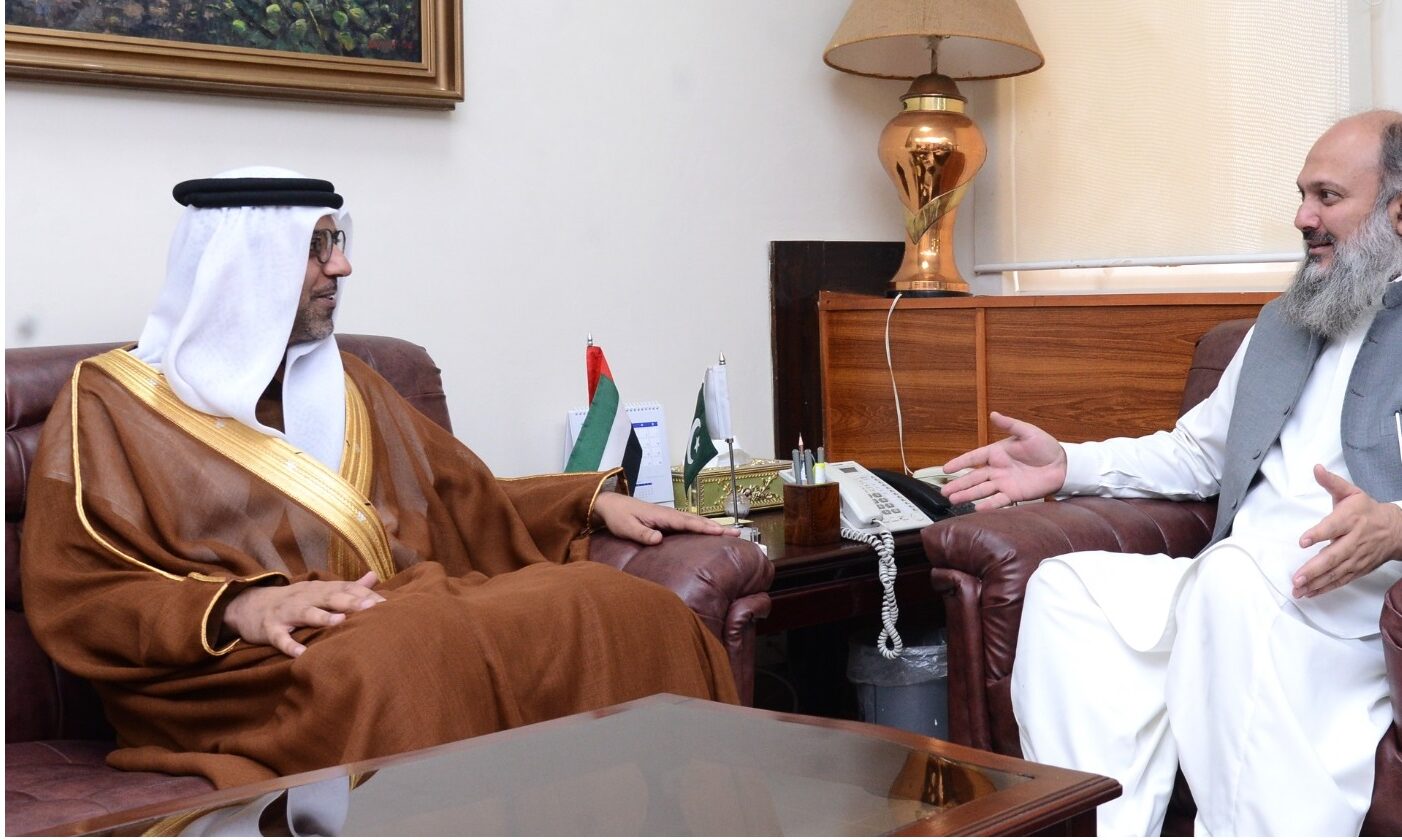Islamabad, May 13, 2019: APTMA is hopeful that the new economic team is capable enough to bring out Pakistan from the present alarming economic situation of the massive fiscal and current account deficits, rising trade deficit gap, unprecedented depreciation of Pak Rupee, highest discount rate in the region, increasing trend in inflation, and negative growth of about 2 percent in Quantum Index of Manufacturing (QIM) during first eight months of the current fiscal year, the solution to which lies only in increase in exports and industrial growth.
Zahid Mazhar, Chairman – APTMA Sindh-Balochistan Region in a statement issued to the press said that due to the sharp slowdown in the economy GDP growth is unlikely to increase beyond 3.3 percent this year. Rate of inflation may rise to 12 percent by end of June 2019, rate of unemployment could rise to 7 percent, budget deficit and current account deficit would be around 7 percent to 7.25 percent and 12 – 12.5 billion US$.
Zahid Mazhar said that in order to turn around the depressed economic situation it is imperative to increase exports substantially and only the textile industry is capable enough to double its exports in the next five years. He said that drastic situation requires drastic measures and if the corrective measures are not taken immediately the economic situation of the country will become bad from worse.
Chairman – APTMA pointed out that the manufacturing sector of Pakistan is already overburdened with the high rate of taxation and can’t sustain additional tax burden. Therefore no additional tax should be imposed on the manufacturing sector which will lead to further de-industrialization and shrinkage of GDP.
He also demanded the government to thoroughly investigate and review the Energy Policy which is resulting in high tariff rates and unjustified profits earned by the power companies. He also demanded the government to review the banking policy which is anti industry. All of these issues are leading to the increase in the cost of doing business and decrease in the ease of doing business.
He further said that billions of rupees in Sales Tax, Customs Rebate and Income Tax Refund Claims in addition to Duty Drawback of Taxes Order under Prime Minister’s Export Package and Duty Local Taxes and Levies Schemes are stuck up with the government causing great sufferings to the largest foreign exchange earning sector through exports.
He said that the tax refunds of the textile exporters have been stuck for a long time for more than a year in most cases. The government had announced issuance of Promissory Notes by end of February this year to liquidate these refunds but till date these have not been issued.
Pakistan has already lost its share in World Textile & Clothing Trade from 2.2 percent in 2006-07 to 1.7 in 2017-18 and will lose further. While highlighting the issues hurting the viability of textile industry of Pakistan to compete with its regional competitors he said that the some of the major issues are high cost of doing business, inordinate delay in payment of refunds of sales tax, income tax and duty drawback to exporters, highest interest rate in the region, high costs of energy, shortage of raw material, shortage of credit availability as well as working capital, lack of institutional support, low skill and productivity.
All this is resulting in de-industrialization and decline in Pakistan’s share in global textile trade. In contrast, the share of our regional competitors like Bangladesh, India and Vietnam is rising by leaps and bounds. Therefore there is a dire need to reduce our cost of doing business and make it comparable to regional competitors. He also emphasized the need of establishment of technical training institutes for producing skilled and productive work force for the textile value chain.
He urged the government to give immediate attention to the cotton crop which has witnessed a massive decline over the last four years. He reminded that in the year 2014-15 Pakistan had achieved the highest cotton crop of 14.87 Million bales of cotton which has now fallen to 10.77 million bales as against the consumption of 15 million bales and the potential crop size of 17.5 million bales annually.
Resultantly the spinning industry has to import annually around 4.0 million bales of raw cotton every year to meet its consumption requirement. Despite of the acute shortage of cotton, every year at the time of the new crop season, duty is imposed on the import of cotton with the concept to support the farmer/grower. This duty makes the textile products more expensive and makes it uncompetitive in the world market. The government support to the cotton farmers should be in the shape of increasing their crop yields without burdening the textile industry with levies on import of cotton.
He further demanded the Government to remove Custom Duty and Anti-Dumping Duty on import of Polyester Staple Fiber to rationalize its cost, since it is used as a substitute for cotton. The world textile trade is rapidly shifting from cotton to manmade fiber. Today in the world market, consumption of manmade fiber against cotton has shifted to a ratio of 70:30 whereas unfortunately in Pakistan, due to heavy import levies on polyester the consumption of manmade fiber against cotton is lagging behind at a ratio of 30:70, he added.
Zahid Mazhar said that adequate bank finance and credit facility is vital for growth and enhancement of any industry. Unfortunately the banks are extending major portion of their funds to the government whereas the textile industry of Pakistan has been facing financial constraints over the last five years which has also led to fall in exports, decreased industrial produce, and low investment in the sector.
In addition to this increase in discount rate during last one year from 5.75 percent to 10.75 percent has also restrained investment in the sector as well as increase in working capital requirement by about 34 percent due to devaluation of Pak Rupee by almost 34 percent since December 2017. There should be a Credit Allocation Policy for banks necessitating each bank to lend at least 20 percent of its liquidity to the industrial sector. It is interesting to point out that while there is negative growth in industry, there is a huge growth in the banking industry which is causing distortion in the economy.
Zahid Mazhar appreciated the government for increasing per party allocation of LTFF from Rs.1.5 to Rs. 2.5 billion. He further demanded that the allocation of this facility to be redefined by SBP since no ceiling for the sanctioned lines is available to banks. Furthermore, in order to ease the problem of expensive working capital, Export Refinance Facility should also be provided for export of yarn and greige fabrics since the cost of finance in Pakistan is the highest in the region.
Zahid Mazhar also appreciated the government of Imran Khan for signing of Second Phase of Pak – China Free Trade Agreement. He requested the government to review Free Trade Agreements and Preferential Trade Agreements with other countries, specially Turkey in the same way so that exports of Pakistani goods to those countries be increased.
The country in an economic situation like being faced by Pakistan in order to survive and prosper, has to reach an annual GDP growth rate of 7 percent or more for the next 10 years which is only possible if the government immediately starts giving attention to exports and industry specially the textile industry, he concluded.









